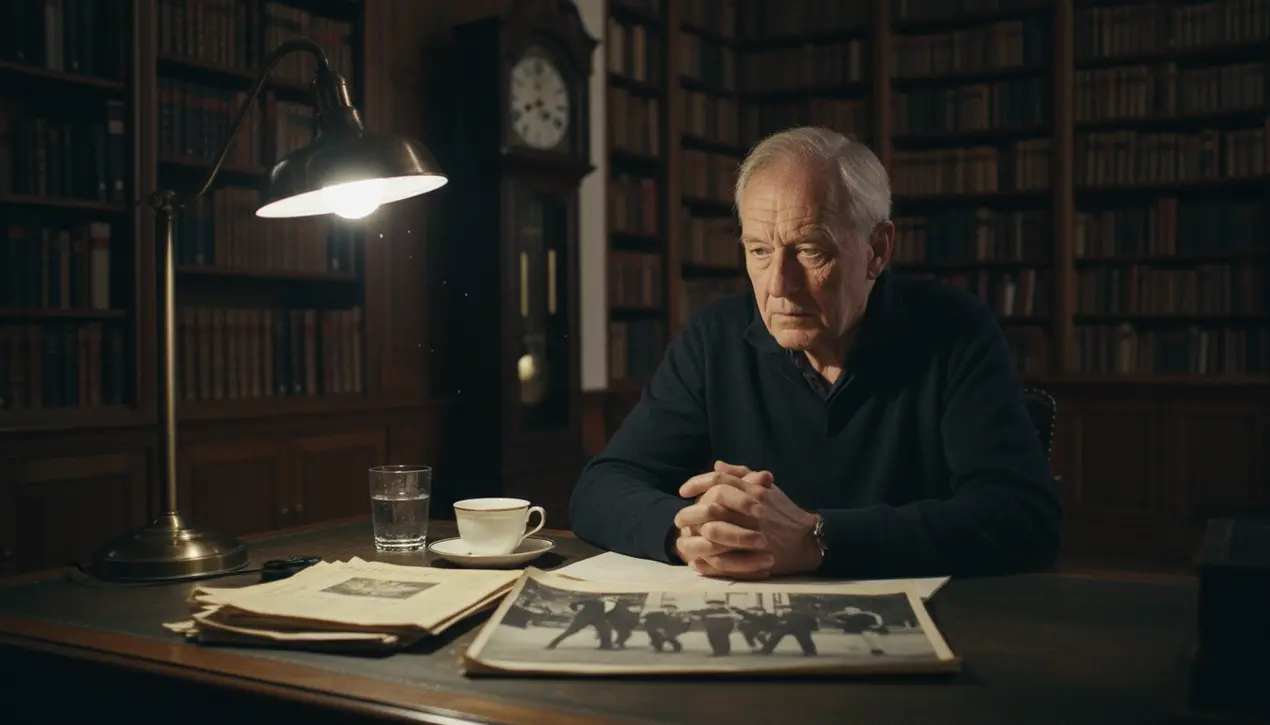- News
- corruption-scandals
- The Guardian view on Nigel Farage’s youthful views: the past still matters | Editorial

Politicscorruption & scandals
The Guardian view on Nigel Farage’s youthful views: the past still matters | Editorial
RO
Robert Hayes
1 day ago7 min read5 comments
The political arena often resembles a grand historical stage where past actions inevitably echo into present consequences, and the recent allegations concerning Nigel Farage's schoolyard behavior present a case study in political accountability that would feel familiar to any student of Churchillian statecraft. For one contemporary, Peter Ettedgui, the memory of Farage at Dulwich College in the late 1970s and early 1980s is not a faded relic but a vivid recollection of a hectoring presence, a figure who would sidle up and growl phrases like 'Hitler was right' or 'Gas them,' a chilling prelude to a pattern of behavior that included routinely calling fellow students 'Paki' or 'Wog' while urging them to 'go home.' This is not merely schoolboy mischief; it is the foundational rhetoric of division, a theme that has, with historical precedent, often preceded more significant political movements built on exclusion. Further testimony from Tim France, a member of the college's combined cadet force, paints an even more disturbing tableau: a young Farage in uniform, 'regularly' giving the Nazi salute, strutting through classrooms, and rendering a racist anthem titled 'Gas ’em all' with a disturbing casualness that France recalls as 'habitual.' Such behaviors, when examined through the analytical lens of political history, are rarely isolated incidents but rather early indicators of a worldview, much as one might analyze the youthful writings or associations of any significant historical figure to understand their later political trajectory. The duty of the interviewer and the press, therefore, transcends mere scandal-mongering; it is a fundamental responsibility to press for fuller facts, to contextualize these allegations within Farage's subsequent political career and the platform of the party he leads.Voters are not being asked to judge a child but to assess the character and consistency of a man who seeks to shape national policy, and in this endeavor, the past is not a separate country but a prologue. The reluctance to address these claims substantively invites comparisons with other political figures whose early affiliations were later revealed to be deeply consequential, underscoring a timeless political truth: the scrutiny of a leader's formative influences is not a partisan attack but a cornerstone of democratic integrity, essential for the electorate to make a fully informed judgment about who truly represents their values and the nation's future direction on the world stage.
#Nigel Farage
#racism
#antisemitism
#school allegations
#political scandal
#editorial picks news
Stay Informed. Act Smarter.
Get weekly highlights, major headlines, and expert insights — then put your knowledge to work in our live prediction markets.
Comments
Loading comments...
© 2025 Outpoll Service LTD. All rights reserved.